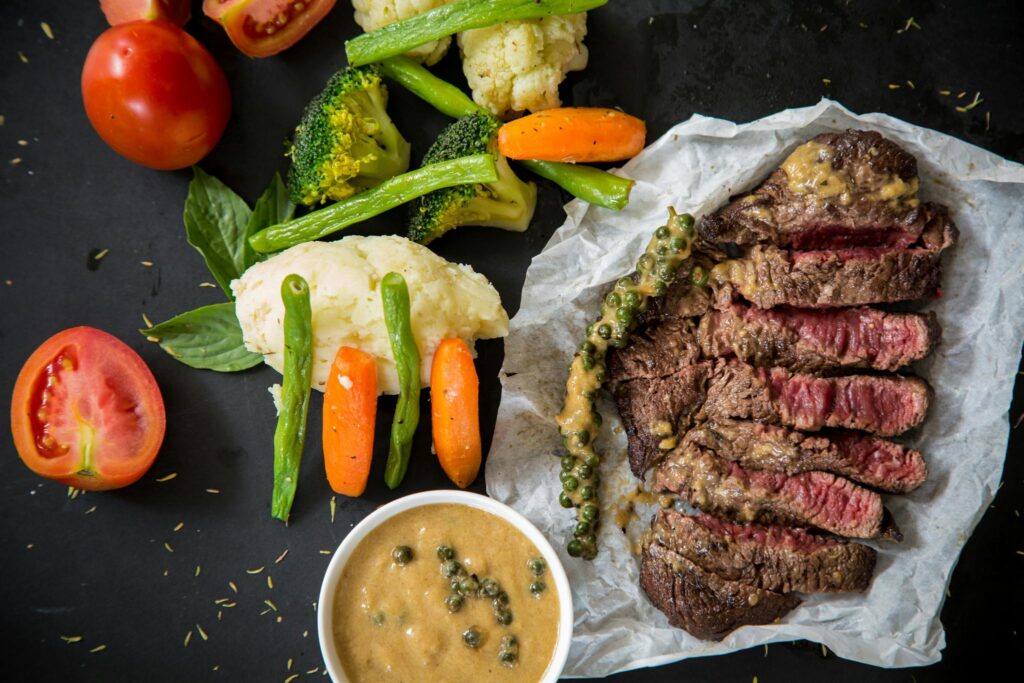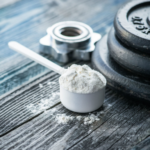One of the most important macronutrients for maintaining and growing muscle mass is protein. It’s imperative for athletes and anyone looking to maximize muscular development to consume enough protein. However, with so many conflicting suggestions out there, figuring out just how much protein you need can be difficult. This blog seeks to provide insightful information and clarify the amount of protein required to maximize muscle growth.
The Variables Impacting Protein Requirements
Amino acids, the building blocks of muscle tissue, make up protein. When you work out using resistance equipment, your muscles undergo microscopic tears. Protein provides the necessary amino acids to repair and rebuild these damaged muscle fibers, leading to increased muscle size and strength.
Factors Influencing Needs for Protein
Your daily needs for protein are influenced by multiple factors, which include:
Body Weight: To maintain your total muscle mass, your body needs more protein the heavier you are.
Activity Level: To support muscle growth and repair, people who work out intensely need extra protein.
Objectives: Depending on your goals—maintaining current muscle mass, gaining muscle mass, or losing weight—your protein requirements will change.

Suggested Protein Consumption to Gain Muscle
A standard recommendation for people looking to maximize muscle development is to ingest 1.6–2.2 grams of protein per kilogram of body weight each day, though recommendations may vary. A 70 kg (154 lb) person, for instance, would require roughly 112-154 grams of protein daily.
Protein Sources
There are several different sources of protein that can incorporate into your diet. Some excellent options include: Lean meats: pork, chicken, turkey, beef, and fish.
Eggs: Egg whites or whole eggs
Dairy products: cheese, milk, Greek yogurt, and cottage cheese
Plant based Protein : Goods made from soy, beans, lentils, tofu and tempeh
Protein supplement-Whey protein, casein protein and powder plant based protein are examples of protein supplements.

Advice on Increasing Protein Consumption
Spread out your protein consumption throughout the day: Eating protein at several meals and snacks will keep your body’s supply of amino acids for muscle repair consistent.
Think about protein supplements: They might be a practical and useful solution if you find it difficult to get enough protein from natural meals alone.
Combine protein with healthy fats and carbohydrates: Eating a balanced meal that includes healthy fats and carbohydrates improves the absorption and utilization of protein.
Remain hydrated: Sufficient hydration is critical for general health and can also support muscle recovery.
In summary
Getting enough protein in your diet is essential to optimizing your muscle growth. You may maximize your protein consumption and support your fitness objectives by learning about your specific needs, investigating different sources of protein, and putting these strategies into practice. Never forget that for individualized guidance, you must speak with a medical expert or qualified dietitian.



